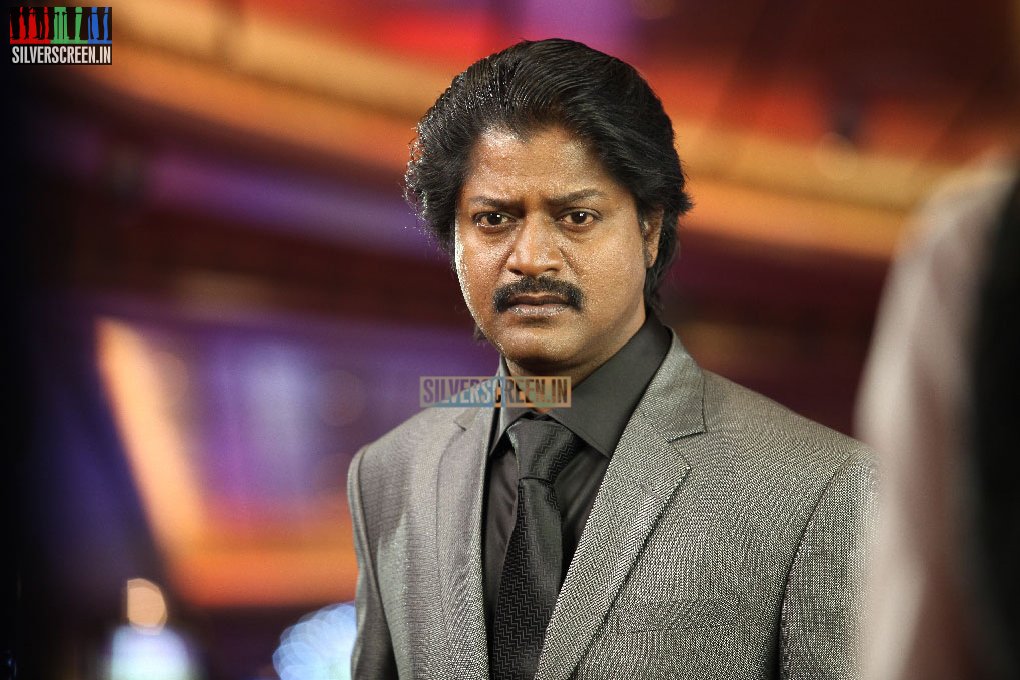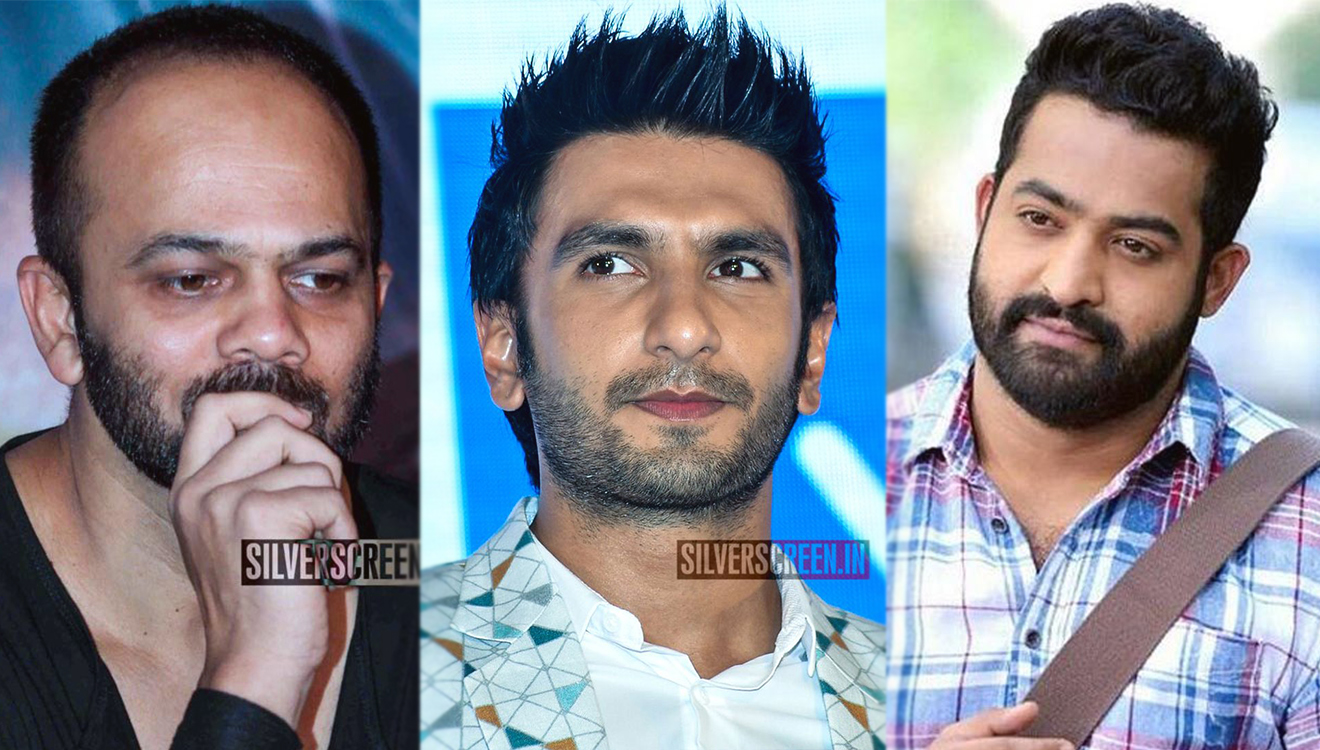In Jeethu Joseph’s Aadhi, the element of music suffers from an existential crisis. The protagonist in Aadhi is a young musician in his early twenties. When we see him first, Aaditya Mohan aka Aadhi (Pranav Mohanlal) is on stage, playing guitar and singing a vintage beauty, Mizhiyoram, from Manjil Virinja Pookkal, the film that launched Pranav’s superstar father to the centre-stage of Malayalam cinema. Aadhi spends around the next 40 minutes of the film talking about his ambition to make it big in the field of film music, walking around with a guitar tied to his back, and brooding about a bleak future. There is a scene where he wakes up his mom at midnight, and excitedly makes her listen to a new composition. This striking presence of music in the narrative suddenly takes a hit when the film shifts gear to be a thriller.
The wayward son of a powerful business tycoon is dead, and Aadhi is the prime suspect. The tycoon’s henchmen start hounding him, and Aadhi has to go into hiding. Now, does it make sense to think that a young man, so much in love with music, would detach himself from it completely when a crisis strikes his life?
For a movie centered around a musician, Aadhi suffers from an awful dearth of good music. Jeethu Joseph uses music merely as an excuse to send Aadhi to the posh club in Bengaluru where the murder takes place. Any trace of the boy’s love for music is wiped away post the crime.
On paper, Aadhi is an edgy thriller that takes after Drishyam, which reinforced Jeethu’s image as a resident Arthur Conan Doyle. The focus isn’t on the whodunnit or whydunnit part of the crime, but on how the protagonist, accused of the crime, comes out clean. Arguably, the high-point of Drishyam was the moment of the big reveal – when we realise Georgekutty (Mohanlal) had a brilliant backup plan in case one of his family members breaks during the interrogation and spills the beans to the cops. Aadhi‘s script employs a similar ploy to create intrigue in the final moments. He devices plans and executes them like a professional with the help of his family and a bunch of new friends from a contrasting social backdrop. In Aadhi, the role of the protagonist’s parents is particularly interesting because our thrillers and action-dramas are traditionally ageist.
The brightest element of Aadhi is its lead actor, Pranav Mohanlal, who might fill the most unused pair of shoes in Malayalam cinema ever – of an actor who can perform stunt sequences beautifully, with the finesse of a gymnast. Pranav has the body language of an athlete. Look at him effortlessly somersaulting across the room, leaping from one terrace to another, perching precariously on the balconies of buildings, and doing stunts that can leave you breathless. He is swift, sleek and agile.
However, the film fails him. Jeethu Joseph’s old-school style of film-making isn’t familiar with an actor like Pranav whose immense potential as a stuntman with great acrobatic skills go underutilised. Melodrama often takes over the narrative, shrinking the film’s chances to be a smooth and stylised modern-day action-thriller. Cinematography and editing don’t really aid the stunt sequences that end up looking incoherent, wasting all those precious details in the men’s movement.
The story isn’t a tightly constructed one. The characterisation and the plot are steeped in mediocrity. For one, Aadhi is a terribly uni-dimensional character. He is a boy who has always lived among the highly privileged class. The early scene where he gloomily tells his friends that he can’t do a music video because he doesn’t have a couple of lakh of rupees, only comes off as a joke. The film tries to make humour out of the situation when this youngster has to move into an impoverished household. But the laugh is at the expense of the lower class; their lack of sophistication. Jeethu Joseph treats this part plainly, with the sensibility of a television soap writer, setting up the interiors lazily, and creating overtly dramatic scenes that reeks of phoniness.
Recommended
The song sequence Gypsy Woman, which is a crucial part of the film, is shot like a lowly imitation of Bollywood’s club songs. The props, junior artistes and everything in the frame looks badly set up. The over-the-top enthusiasm of Anjana (Aditi Ravi), a former school-mate of Aadhi whom he just bumped into, doesn’t help either. The film has a new generation star who, in real life leads a hipster life (according to the humongous PR and media coverage on him); it’s a shame that the film’s understanding of the pop culture is laughably farce.
In spite of all these flaws, Aadhi will be remembered for Pranav and his parkour skills which can leave the audience awestruck. Jeethu Joseph manages to give him a context to perform like an expert in the action sequences, but falls short as a filmmaker. Aadhi isn’t a great improvement over his previous directorial Oozham where he first explored his love for hologram images and stunts inside highly-secured buildings. He continues to work like a pulp crime novelist – obsessed with plot ploys, but barely interested in the cinematic part of cinema.
***
The Aadhi review is a Silverscreen original article. It was not paid for or commissioned by anyone associated with the movie. Silverscreen.in and its writers do not have any commercial relationship with movies that are reviewed on the site.



